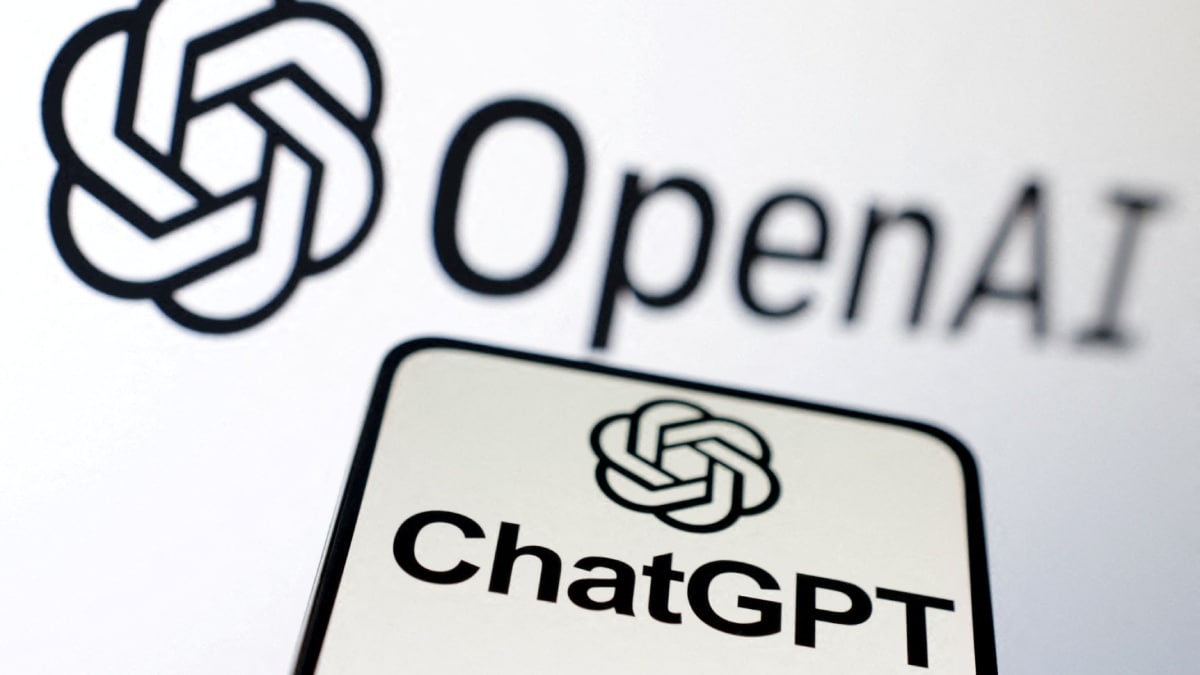Use of AI in the Endoscopy Market Compensates for Human Errors and Limitations
Artificial intelligence (AI) algorithms began to develop in response to constant advancements in information technology and their effects on every aspect of our lives. This was due to the increasing demand for improved machine performance. Unlike machines, the human brain is affected by a lack of professional experience, stress, and exhaustion. Artificial intelligence (AI) technology is expected to compensate for human limitations, eliminate human errors, allow robots some trustworthy autonomy, and boost efficiency and productivity at work. As a result, AI could be our best option when seeking a quick and dependable assistant to help treat the ever-increasing number of patients. Gastrointestinal (GI) endoscopy is estimated to benefit significantly from AI technology, which is anticipated to drive business opportunities in the global AI endoscopy market. It can aid in making prompt, precise, and quick treatment decisions, lower inter-operator variability, and improve diagnostic accuracy. AI would also speed up, reduce costs, and simplify endoscopic treatments.
Computer algorithms that mimic human brain functions are the foundation of AI-assisted endoscopy. They respond (output) to what they have learned and what they are given as information when built. Artificial intelligence (AI) and other advanced technologies have reduced the burden on surgeons and improved endoscopic consistency and safety. The primary functions enhanced with AI/ML algorithms comprise automatically determining the practical physical pathways for tools, labeling, categorizing airway disorders, removing surgical smoke, and recognizing lesions, airway diameters, and damaged tissue.
AI makes endoscopic treatments efficient by providing higher consistency, precision, and speed, correcting human faults, and compensating for limited human skills. In endoscopy, AI is primarily used in computer-aided detection (CADe) and computer-aided diagnosis (CADx). Technology advancements have allowed AI to create a machine learning (ML) system to determine the danger in patients suffering from upper gastrointestinal (GI) conditions.
Expanding Use of AI in several Medical Fields to Drive Growth of the Market
An increasing amount of research is conducted in the domain of gastrointestinal (GI) endoscopy, where the use of artificial intelligence (AI) is fast expanding in several medical fields. Convolutional neural network, a type of deep learning technique, is particularly poised to transform the area of GI endoscopy, comprising colonoscopy, capsule endoscopy (CE), and esophagogastroduodenoscopy (EGD). The use of AI in EGD primarily focuses on the detection of cancer, predicting abnormal diagnoses, and also predicting Helicobacter pylori infection. Automated identification of bleeding spots, tumors, ulcers, and other small intestinal illnesses is being researched in CE.
The majority of AI studies in GI endoscopy remain in the preclinical phases due to retrospective design utilizing still pictures. Prospective studies utilizing video are needed to improve the profession. However, AI would soon be incorporated into routine clinical practice and would be further developed.
Increase in Colorectal Cancer Patient Population to Support Development of AI in the Endoscopy Market
Each year, there are more people diagnosed with colorectal (colon) cancer all around the world. Over 2 million incidences of colorectal cancer were detected in 2020, making it the third most prevalent cancer type globally. With about 1 million fatalities each year, it is the second most prevalent cause of cancer mortality. This is true even though there are efficient screening methods that could lower the fatalities triggered by this illness. According to the International Agency for Research on Cancer (IARC), there will be more than 3 million new incidences of colorectal cancer every year by 2040, a 56% rise in the global disease burden. As a result, both preventive and curative measures are significant health challenges. Colonoscopy and other treatments, together with early detection, can cure colorectal cancer. Early identification could allow for a colonoscopy-based minimally invasive surgery to eradicate the malignancy.
Moreover, AI-assisted colonoscopy enhances polyp identification and colonoscopy characterization. The “AI-Powered GI Genius Module for Colonoscopy,” which enables improved vision for colorectal cancer diagnosis, was officially launched by Medtronic in August 2022. AI in the endoscopy market is anticipated to grow rapidly between 2022 and 2031.
A key driver propelling AI in the endoscopy market is excellent outcomes in both therapeutic and diagnostic endoscopy. In the healthcare industry, notably in the field of endoscopy, deep learning (DL), machine learning (ML), and artificial intelligence (AI) are the major developments. AI has the ability to raise the standard of endoscopy at every level. More studies and investigations are necessary before this new technology is implemented into clinical standards and adopted as a standard practice. AI in endoscopy systems is anticipated to improve the detection, categorization, screening, and monitoring of cancer and adenomas, which will likely drive market development. As such, companies are developing fresh tactics to boost their market demand.
Strong Government Assistance and New FDA Approvals are Likely to Drive the Growth of AI in the Endoscopy Market
Due to the significant number of adenomas (nearly 26%) that endoscopists fail to detect during endoscopy, colorectal cancer ranks the second-leading cause of cancer-related deaths in Europe and the US. As a result, several healthcare entrepreneurs are creating cutting-edge endoscopic equipment. The FDA granted SKOUT 510(k) approval for people undergoing colorectal cancer monitoring in September 2022. It was launched by Iterative Scopes, a leader in precision medicine solutions for gastroenterology. SKOUT is a real-time computer-assisted polyp identification tool that uses cutting-edge computer vision technology to recognize dubious tissue and give endoscopists immediate feedback.In November 2019, one of the world’s earliest real-time endoscopic AI developers, AI Medical Service, Inc., declared that its AI systems evaluate endoscopy images for likely identification of stomach cancer. The International medical technology corporation Olympus Corporation launched a project in conjunction with the Ministry of Internal Affairs and Communications (MIC), Government of Japan, in December 2022. In addition to educating surgeons in Vietnam, the initiative seeks to perform a survey study regarding the proliferation of AI diagnosis support systems. It is anticipated that these favorable government regulations would open up the profitable business potential for players in the AI in the endoscopy market.
Source link










Leave a Reply